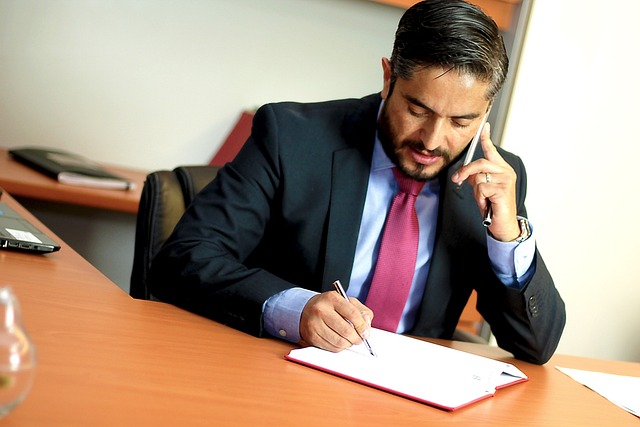In South Carolina, the rise in sexual abuse awareness highlights the urgent need for comprehensive understanding among professionals working with vulnerable populations. Sexual abuse law firms play a pivotal role by educating organizations about legal obligations and best practices for prevention. The Orangeburgs Approach offers a unique, holistic training program that combines role-playing, case studies, and real-life scenarios tailored to local community dynamics. This empowers professionals in the legal sector to identify and address sexual abuse effectively, ensuring safer environments through continuous education, open communication, and shared responsibility. By integrating awareness into daily operations, organizations can prompt swift action against potential abuse situations, aligning with best practices from South Carolina's sexual abuse law firms.
In South Carolina, addressing sexual abuse is paramount. As a state with a growing awareness of these issues, a comprehensive training program for professionals is essential. This article explores The Orangeburgs Approach, a holistic model revolutionizing how South Carolina’s legal and support services prepare to identify and prevent sexual abuse.
From understanding the scope of the problem to fostering a culture of awareness, we delve into key components effective training should include, backed by real-world case studies.
Understanding the Scope of Sexual Abuse in South Carolina
South Carolina, like many states, has seen a rise in awareness and reporting of sexual abuse cases over the years. This growing recognition highlights the need for comprehensive understanding and education among professionals who interact with vulnerable populations. According to statistics from the South Carolina Attorney General’s Office, sexual abuse is a pervasive issue, affecting individuals across all demographics. From children in educational settings to adults in the workplace, no sector is immune.
The state’s legal framework, including regulations and laws pertaining to sexual abuse, serves as a crucial guide for professionals navigating this complex topic. A sexual abuse law firm in South Carolina often plays a pivotal role in educating organizations on their legal obligations and best practices for prevention. By understanding the scope and implications of sexual abuse, professionals can better equip themselves to identify potential instances and ensure a safe environment for all individuals under their care.
The Orangeburgs Approach: A Holistic Training Model
The Orangeburgs Approach to training professionals in identifying abuse is a holistic model that goes beyond traditional classroom instruction. It recognizes that understanding and recognizing abuse, especially sensitive issues like sexual abuse, requires a multi-faceted strategy. This approach involves not just educational seminars but also role-playing scenarios, case studies, and real-life experience, all tailored to the specific context of South Carolina’s legal system and community dynamics.
By immersing participants in these diverse learning environments, the Orangeburgs Approach fosters a deeper comprehension of abuse, its signs, and its impact. This comprehensive training empowers professionals, including those at sexual abuse law firms in South Carolina, to become more effective advocates for survivors, ensuring that they can identify, document, and report instances of abuse with greater confidence and accuracy.
Key Components of Effective Training for Professionals
Training professionals to identify abuse, especially in sensitive areas like South Carolina’s legal sector, requires a comprehensive approach. A sexual abuse law firm in South Carolina highlights key components for effective training. Firstly, interactive workshops that simulate real-life scenarios are vital. These sessions equip professionals with practical skills to recognize and respond appropriately to potential cases of abuse, fostering an environment where awareness is heightened.
Secondly, ongoing educational programs focused on the latest legal developments and research related to various forms of abuse are essential. Keeping professionals informed about changing laws and best practices ensures they remain adept at handling such cases. Additionally, fostering a culture of open communication encourages professionals to voice concerns and seek guidance, creating a supportive network that enhances overall effectiveness in identifying and addressing abuse.
Real-World Application and Case Studies
At Orangeburgs, we believe in equipping professionals with the knowledge and skills to recognize and report potential cases of abuse, especially sexual abuse. Our approach involves a blend of theoretical learning and real-world application through case studies drawn from South Carolina’s legal landscape. These studies offer tangible examples of how sexual abuse can manifest, allowing participants to analyze scenarios, identify red flags, and understand the legal implications.
By engaging with these cases, professionals gain practical insights into the complexities of such situations. This hands-on learning facilitates a more nuanced understanding of not just what constitutes abuse but also the steps required to address it effectively. Moreover, case studies from South Carolina’s sexual abuse law firms provide a local context, ensuring that trainees are prepared to handle issues relevant to their communities and workplaces.
Fostering a Culture of Awareness and Prevention
Creating a safe and supportive environment is the cornerstone of Orangeburgs Approach to training professionals in identifying abuse, especially sexual abuse. This involves cultivating a culture of awareness where all staff members are educated about potential signs of abuse, its various forms, and the impact it can have on victims. Regular workshops, seminars, and interactive sessions can help break down misconceptions and empower employees to take proactive measures. By fostering an atmosphere where everyone takes responsibility for prevention, organizations can better protect their clients and create a safer space, especially in vulnerable communities like South Carolina, where sexual abuse law firms play a crucial role in supporting survivors.
This culture of awareness extends beyond training sessions, encouraging open dialogue and providing accessible resources. Encouraging employees to report suspicious activities or behaviors without fear of retaliation is vital. Implementing anonymous reporting systems and ensuring confidentiality can facilitate this process. Moreover, integrating prevention strategies into daily operations normalizes the topic, making it easier for professionals to recognize and address potential abuse situations promptly, in line with the best practices suggested by sexual abuse law firms in South Carolina.






